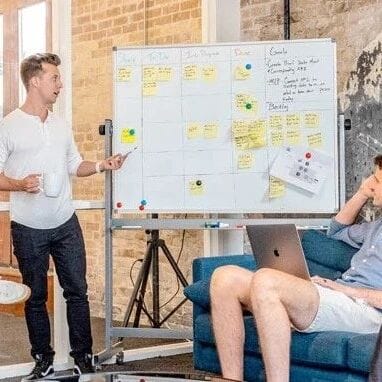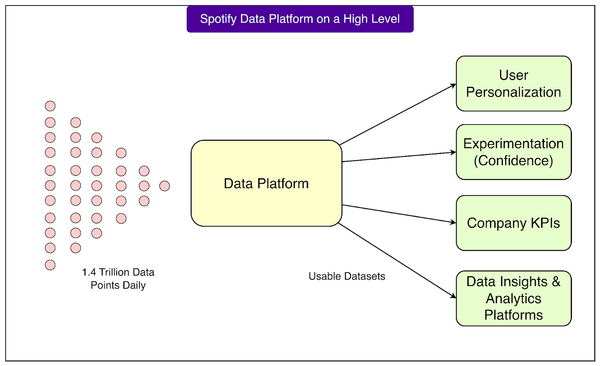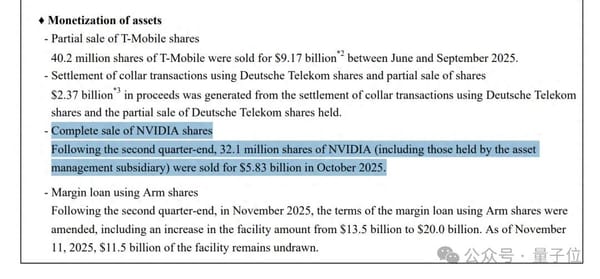24 Months from First Line of Code to Bankruptcy: Common Traps Seen by an Architect Across 47 “Dead” Projects

🚀 Running Fast ≠ Running Steady



---
Many startups do not fail solely due to market competition or simply “running out of money.”
Instead, they stall because:
- Products cannot scale
- Architecture is chaotic
- Code debt accumulates
- Growth grinds to a halt
This slow, sometimes irreversible decline is common—and often predictable.
Over 3 years, an architecture consultant reviewed 47 startups’ codebases at the “we can’t scale” stage. Shockingly, most followed the same collapse timeline.
---
📉 Startup Technical Debt: The Death Timeline
Meir Avimelec Davidov, Founder & CEO of Gliltech Software, typically steps in during a technical crisis.
His observation: founders don’t call because the cash is gone, but because the code is choking the product.
The Timeline
- Months 1–6:
- 🚀 Fast releases, happy users, smooth sailing.
- Months 7–12:
- 🐛 Bugs creep in, “fix later” becomes a mantra.
- Months 13–18:
- ⚠️ Every new feature breaks older ones; deployments feel risky.
- Months 19–24:
- 👥 Extra engineers are hired, but only to maintain existing mess.
By Month 24:
You must rewrite from scratch or watch the system die slowly.
---
🏚 Foundation Disease in Codebases
Davidov found the same flaws across almost all 47 startups.
Common Failures
- Databases
- 89% had no indexes at all
- Every request scanned 100k+ records
- Resource Management
- 76% over-provisioned in the cloud
- Paying for ~8× more capacity than used
- Average utilization: 13%
- Security
- 70% had serious authentication holes
- Testing
- 91% had no automated tests
- Every deployment = Russian roulette
---
💸 The True Cost
Using $120k per engineer/year:
- Stripe’s data: devs spend 42% of time fixing bad code
- In a team of 4 over 3 years → $600k lost
- Add $200k–$400k rebuild costs + 6–12 months of lost revenue
- Total loss: $2M–$3M per startup
❗ Often realized right after Series A funding—when growth curve is about to implode.
---
🛠 Two Weeks of Architecture = 18 Months Saved
Davidov’s advice:
Before writing a single line of code, spend two weeks on architecture.
> “Those two weeks save you 18 months of hell.”
Key Principles
- Design for scale from Day 1
- Ask “What breaks at 10K users?”
- Critical paths (queries, uploads, jobs) should handle 100× growth
- Automated tests live from Day 1
- Choose boring tech stacks (React/Node/Postgres) — easy to hire, well-supported
---
📋 Self-Check for Founders
- Can your system handle 10× current users?
- Do you have automated tests?
- Can the DB handle 100× queries?
- Will infra costs spike to $50k/month under growth?
If you answered “I don’t know” → you’re building on quicksand.
---
🗣 Voices from the Field
Many engineers confirm Davidov’s observations:
> “Shiny products hide messy code—no tests, no docs, no architecture.
> The basics are ignored: add indexes, write tests, avoid the latest shiny frameworks.”
War Stories
- Products taking 3 years instead of 6 months—scrapped
- Per-user running cost skyrocketing due to poor design
- (“Same functionality, bad architecture → 50× servers”)
Key Lessons
- 3 strong engineers > 20 outsourced devs
- Cheap, inefficient outsourcing = mountain of debt in years
---
🤖 AI’s Double-Edged Impact
Question raised:
“In code audits today, how much is AI-generated?”
AI has made getting something running easier than ever—but also speeds up technical debt accumulation.
- LLM-generated code can be usable but poorly architected
- Temporary scaffolding often becomes a permanent liability
- Problems surface ~month 18
---
📈 Applying Architecture Discipline Beyond Code
Platforms like AiToEarn mirror good architecture principles in content workflows:
- AI content generation
- Cross-platform publishing
- Analytics & model ranking
- Open-source & scalable design
Same principle: structured thinking early avoids content operations debt.
---
📚 Related Reads
- 8,000 lines of Python + Rust hand-built ChatGPT...
- Windows 10 end-of-support sparks global debate...
- New Python version removes GIL and goes viral...
- “Killing every AI startup”...?
---
🎯 Event Highlight
2025 Tencent Cloud Big Data Annual Technical Practices Guide (Part I) is now live.
- For technologists: deep dives into engines, metadata services, Data+AI integrations
- For enterprise leaders: real-world cases improving efficiency (e.g., insurance reporting from hours → minutes)
📥 Read the Original Text & Download

---
AI-driven, cross-platform publishing tools like AiToEarn官网 can similarly help creators scale without chaos—allowing multi-channel reach across Douyin, YouTube, Instagram, etc.




